Choosing a wall oven for your kitchen means doing some research to find one that’s the right size, type, and price. The first choice you’ll need to make is whether to use gas or electric power. If gas power is available in your neighborhood, you should certainly compare gas and electric ovens before making a purchase. These modern ovens share similar features like digital controls and automated cooking times. However, each has its pros and cons; depending on their favorite recipes most cooks will prefer one type of oven over the other.
So, which type of oven is best for you? Read on to learn about the pros and cons of both gas and electric, so you can find the perfect fit for your favorite chef.
About Gas Ovens
Gas ovens are popular with many professional chefs because they provide immediate, intense heat that’s easy to control. Piped-in natural gas is used to create open flames for cooking. Since about half of U.S. households now have access to gas service, many home cooks also enjoy the unique benefits of gas.

Empava 24 In. 2.3 Cu. Ft. Single Gas Wall Oven
When you shop for a gas oven consider these features and benefits:
Instant Heat, Fast Cooling
Gas ovens heat up quickly and provide instant temperature adjustment. This makes them ideal for recipes that require precise temperature control, like roasting and broiling meats. For dishes that need a temperature adjustment during cooking, a gas oven can reach a lower temperature quickly because the oven cools down fast.
Moist Cooking Environment
Natural gas heat is less drying than electric, so gas ovens retain moisture better. This makes a gas oven ideal for roasts, casseroles, and soufflés.
Durable and Cost-Effective
In many locales gas is less expensive than electricity, making a gas oven less expensive to operate. Because gas ovens typically have fewer components that might break, they are often considered more reliable than electric. It is also possible to use a gas oven if there is a power outage, although you may need to light it manually.

Empava 24 In. 2.3 Cu. Ft. Single Gas Wall Oven
Gas Oven Disadvantages
Some models of gas oven have poor heat distribution, cooking food unevenly or requiring that you rotate dishes frequently. However, if you choose a high quality gas oven it’s likely to distribute heat more evenly.
Compared to electric, gas ovens are usually more expensive up front. They also require a pre-installed gas line and a proper ventilation system. If your home is not already set up for gas service, you’ll need to pay a certified plumber to install it. Remember that all gas appliances have a small risk of a gas leak, so proper maintenance is important.
About Electric Ovens
Electric ovens use steel alloy heating elements to generate heat. They are a popular choice because of their expanded features, affordable price and ease of installation.

Empava 24 In. Electric Single Wall Oven
If you’re considering an electric oven, check out these features:
Even Heat Distribution
Electric ovens are known for their even and consistent heat distribution. More precise heating makes them perfect for bakers. Breads, cakes and pastries require precise, even temperatures for the best results, so home cooks who love to bake will often choose electric.
Versatile Features
Electric ovens come with a wider range of features. A convection setting reduces cooking time, saving energy and making it easier to cook larger meals. Self-cleaning takes the hard work out of oven maintenance. And multiple settings for baking, roasting and broiling make an electric oven a versatile addition to your kitchen.
Safety and Easy Installation
The only connection required for an electric oven is a 250-volt, 50 amp receptacle, which is standard in most kitchens. Installation is simple and can be done in an hour or two by either the homeowner or a professional installer. Because there’s no risk of a gas leak, many people consider an electric oven to be safer than a gas oven.

Empava 24 In. Electric Single Wall Oven
Electric Oven Disadvantages
Compared to gas, electric ovens take longer to heat up and cool down. This affects cooking times as you must wait for the oven to preheat, and it makes precise temperature control more difficult. If you need to lower the temperature part way through cooking, an electric oven will not cool down as quickly as a gas oven. Electric heat is also more dry than gas heat, so some cooks believe it is not the best choice for roasting meats.
Electric power is another concern for homeowners. In some places electricity may be more expensive than gas, making an electric oven more costly to use. And if there is a power outage the oven will not work.
Gas vs. Electric Ovens
When deciding between a gas or an electric oven, think about your kitchen setup and cooking habits as well as your budget. Here’s a side-by-side comparison to help you choose:
|
Gas Ovens |
Electric Ovens |
|
Requires access to gas lines |
Connects to standard 250v outlet |
|
Moist cooking environment |
Drier cooking environment |
|
Instant temperature adjustment |
Advanced, precise cooking controls |
|
Uneven heat distribution can be an issue |
Consistent, even heat |
|
Mechanical design is known for reliability |
Modern, advanced technology like convection cooking and self-cleaning |
|
Potential for gas leaks |
Eliminates risk of gas leaks |
|
Lower operating costs |
Energy efficient designs |
|
Higher cost to purchase |
Budget-friendly options available |
|
Single and Double Wall Ovens available |
Single and Double Wall Ovens available |

Empava 30″ Electric Double Wall Oven
Which is Best for You?
Whether you’re cooking for family or preparing gourmet meals for friends, the type of oven you purchase is a personal decision based on your cooking style and budget. Some chefs swear by the control and heat of gas ovens, while others prefer the reliability and features of electric ovens.
- Baking Enthusiasts: If you love baking, an electric oven is a great choice because of its even heat distribution.
- Roasting and Broiling: If you frequently roast or broil, a gas oven can be ideal because of its direct, intense heat and moist environment.
- Advanced Features: If you’re interested in modern cooking conveniences like convection, self-cleaning, or specific cooking modes, an electric oven offers more options.
- Cost: Consider your budget for initial installation and ongoing utility costs. Gas ovens are more expensive to buy and install, but typically cost less to operate. If you cook in the oven frequently you can lower utility bills with a gas oven.
Take the time to consider what matters most in your cooking adventures, and which oven suits your kitchen best. Whether you choose the rapid response of a gas oven or the even, reliable heat of an electric oven, you’ll be well on your way to cooking up delicious meals in a kitchen that works for you.

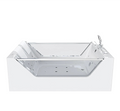
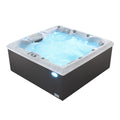
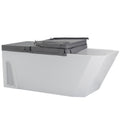
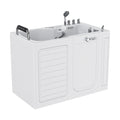

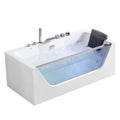
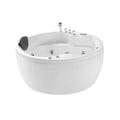
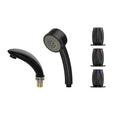

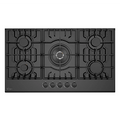
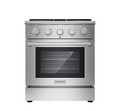
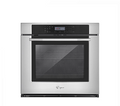
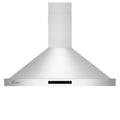
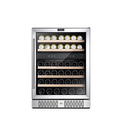
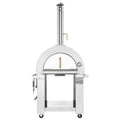
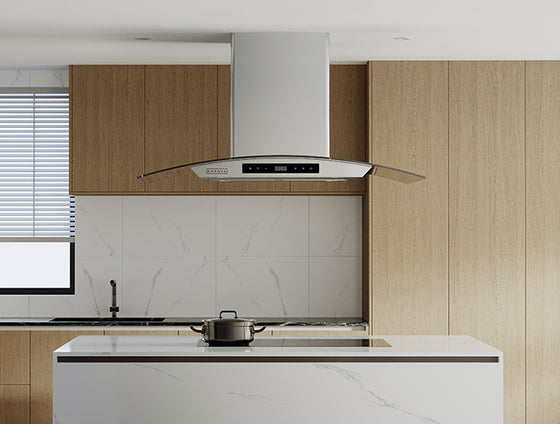

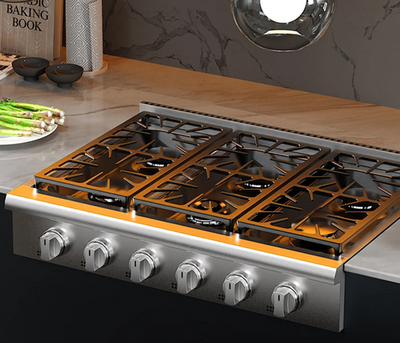
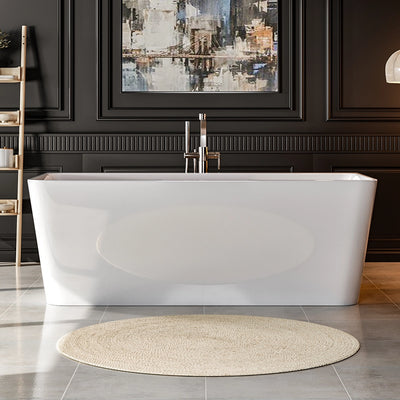


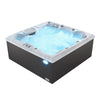
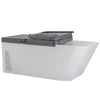
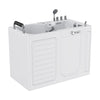
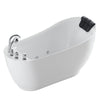
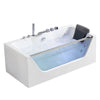
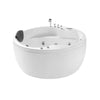
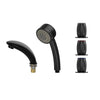




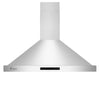

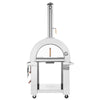
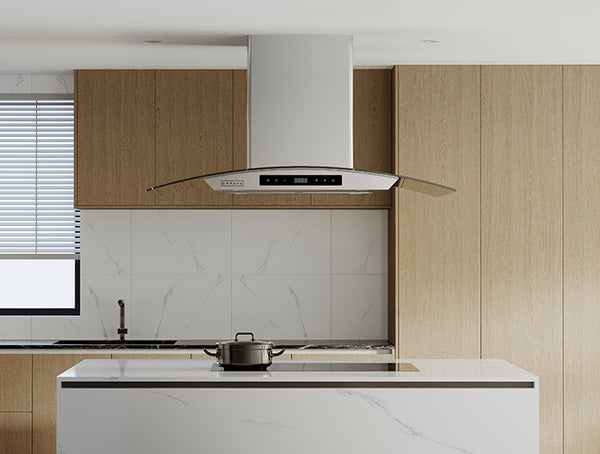

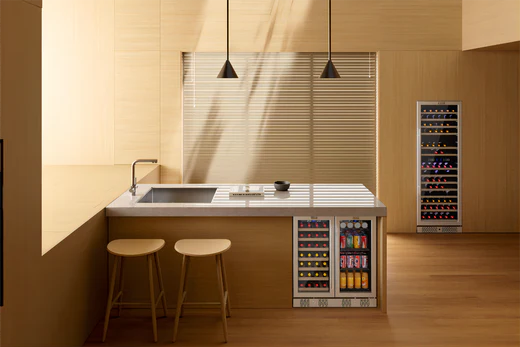

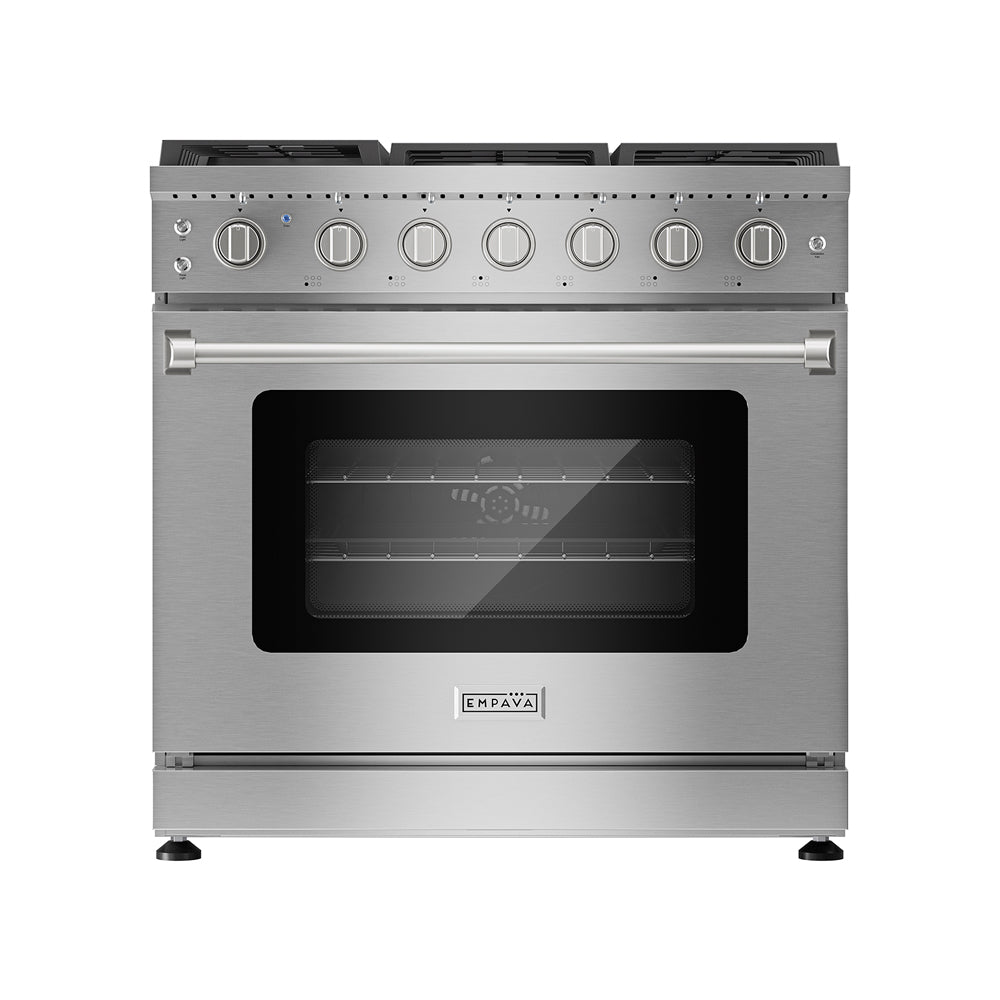
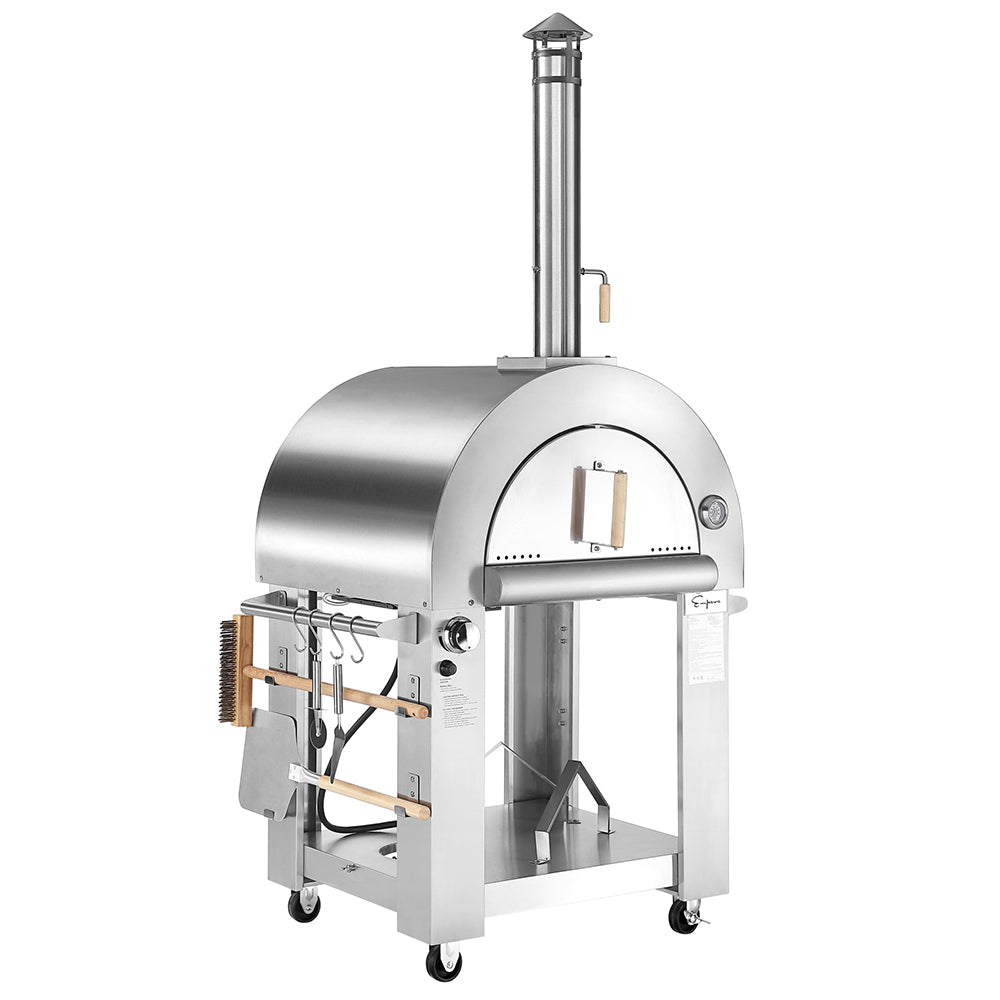
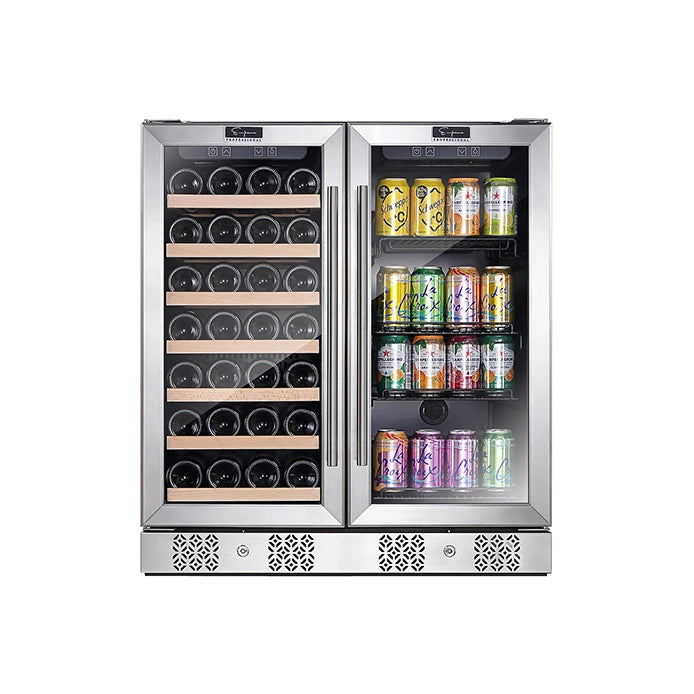
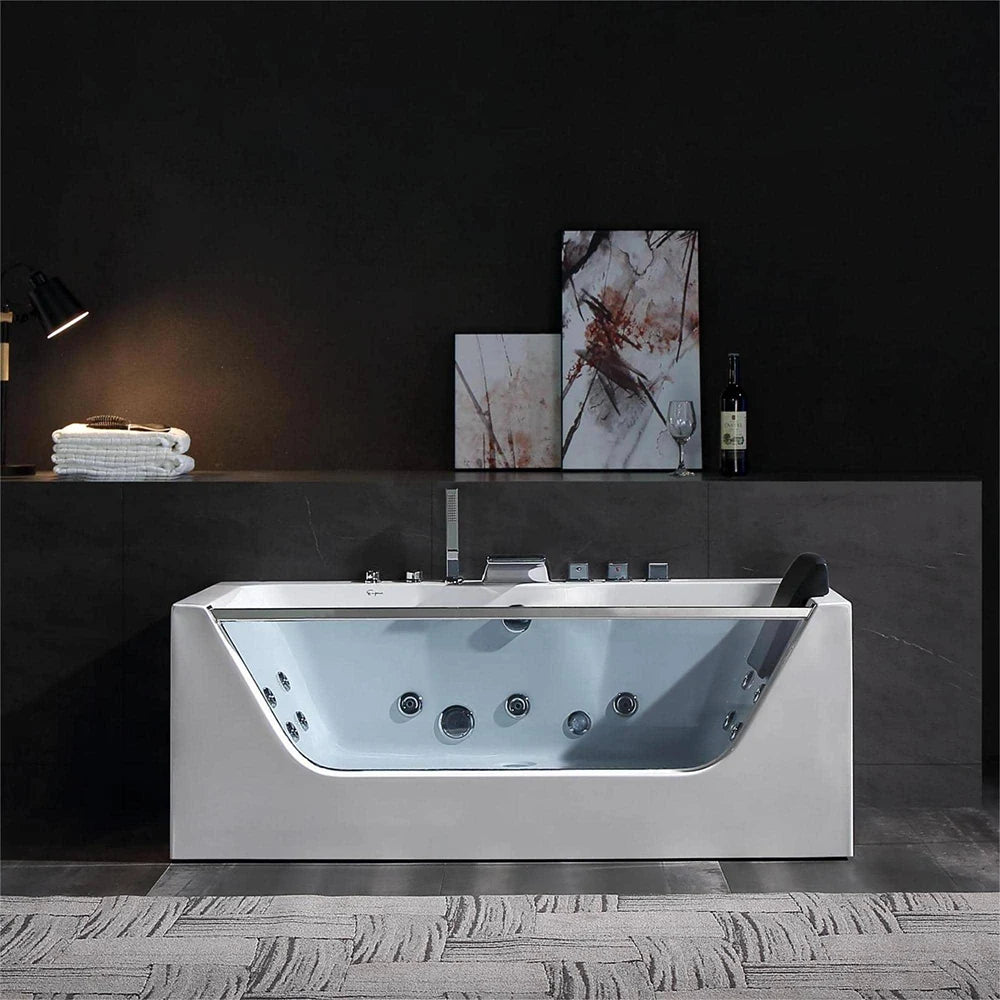
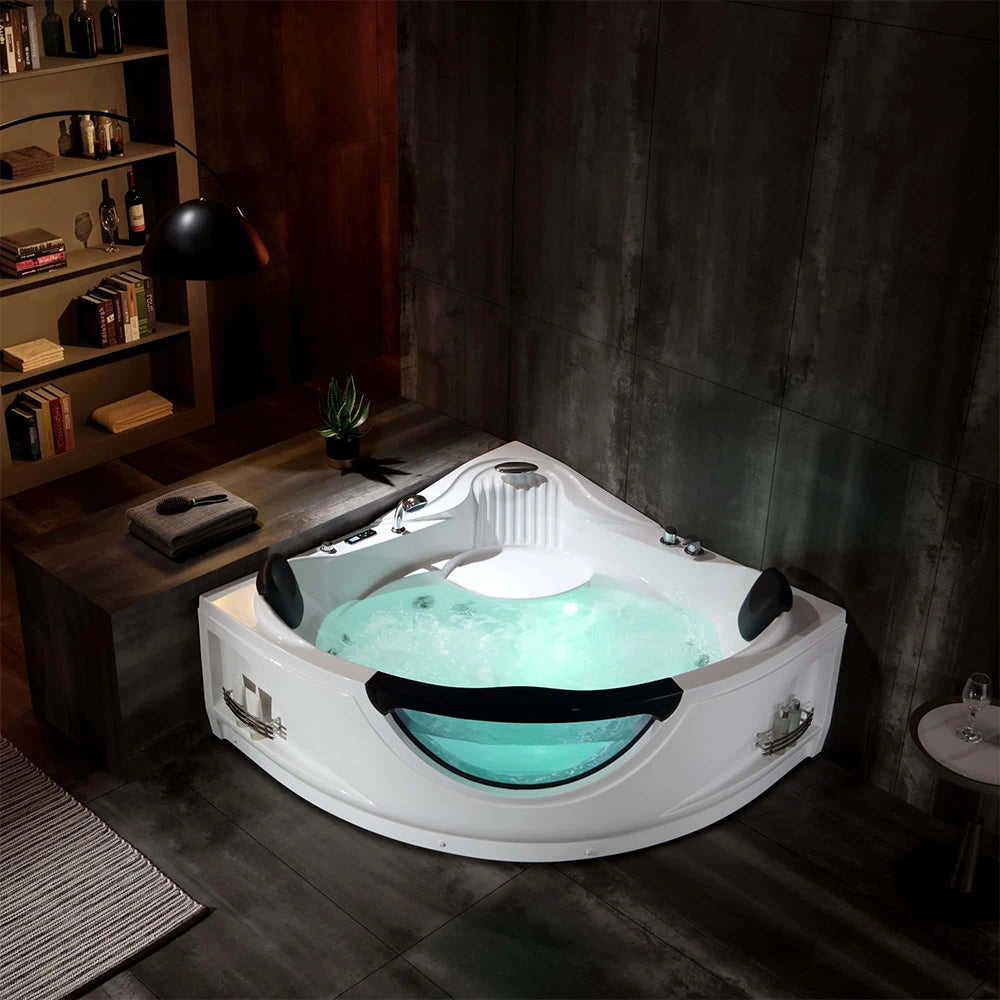
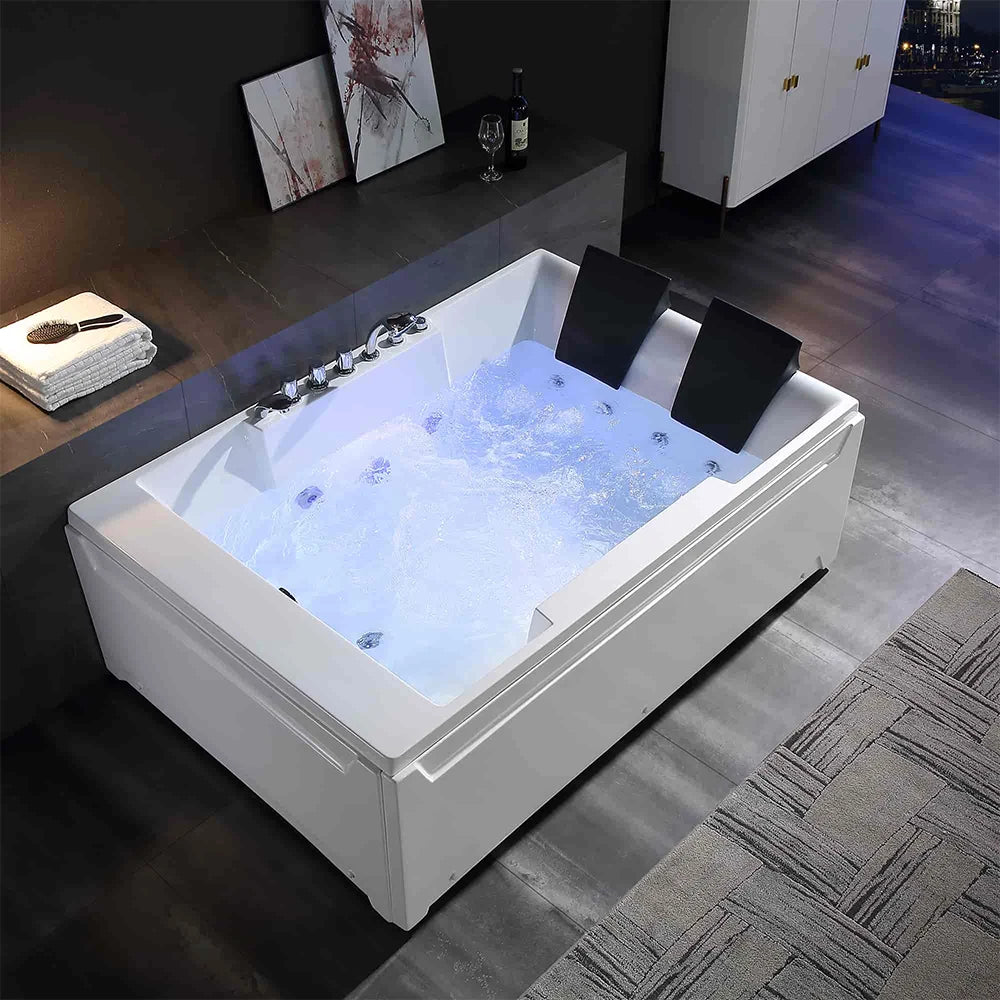
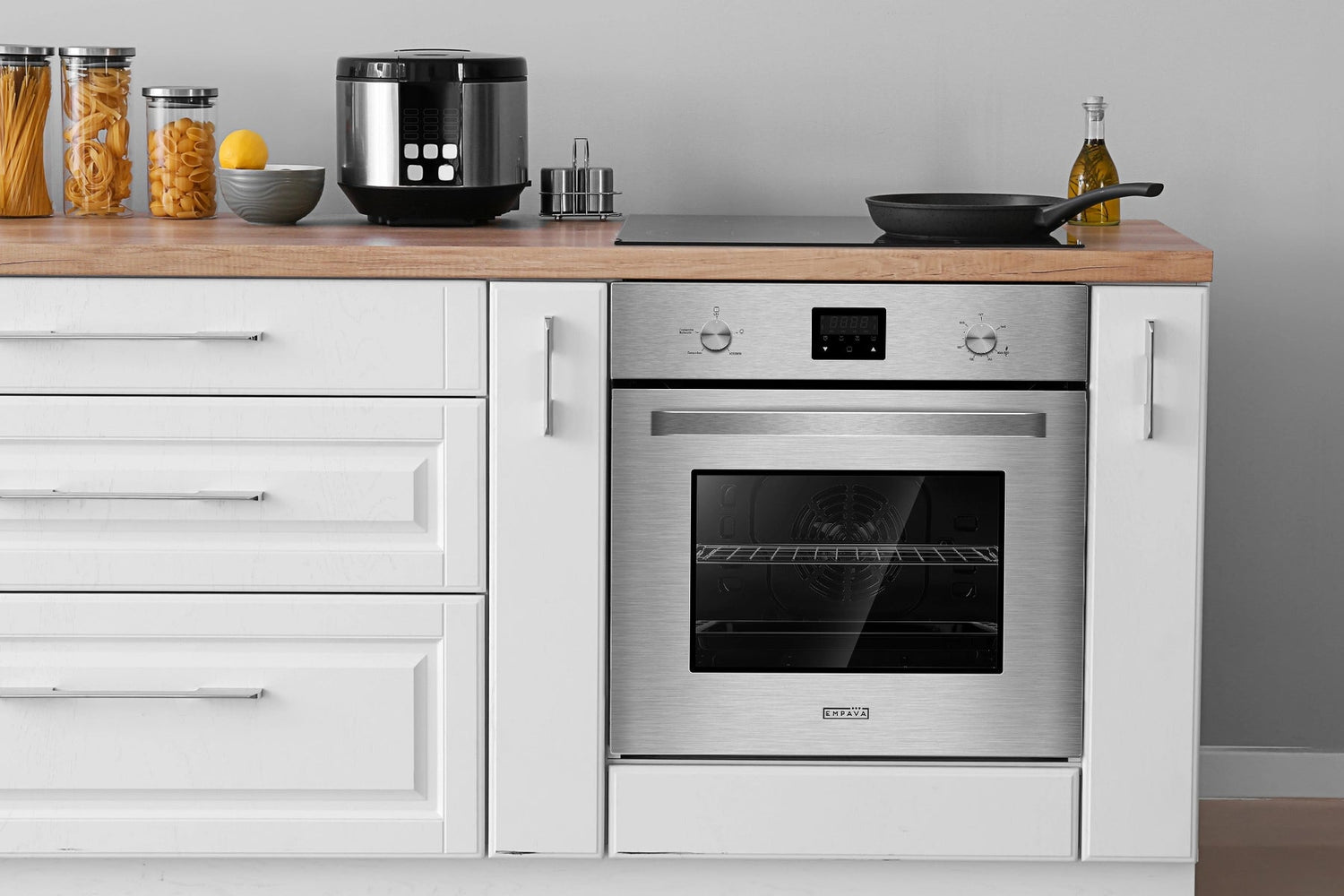
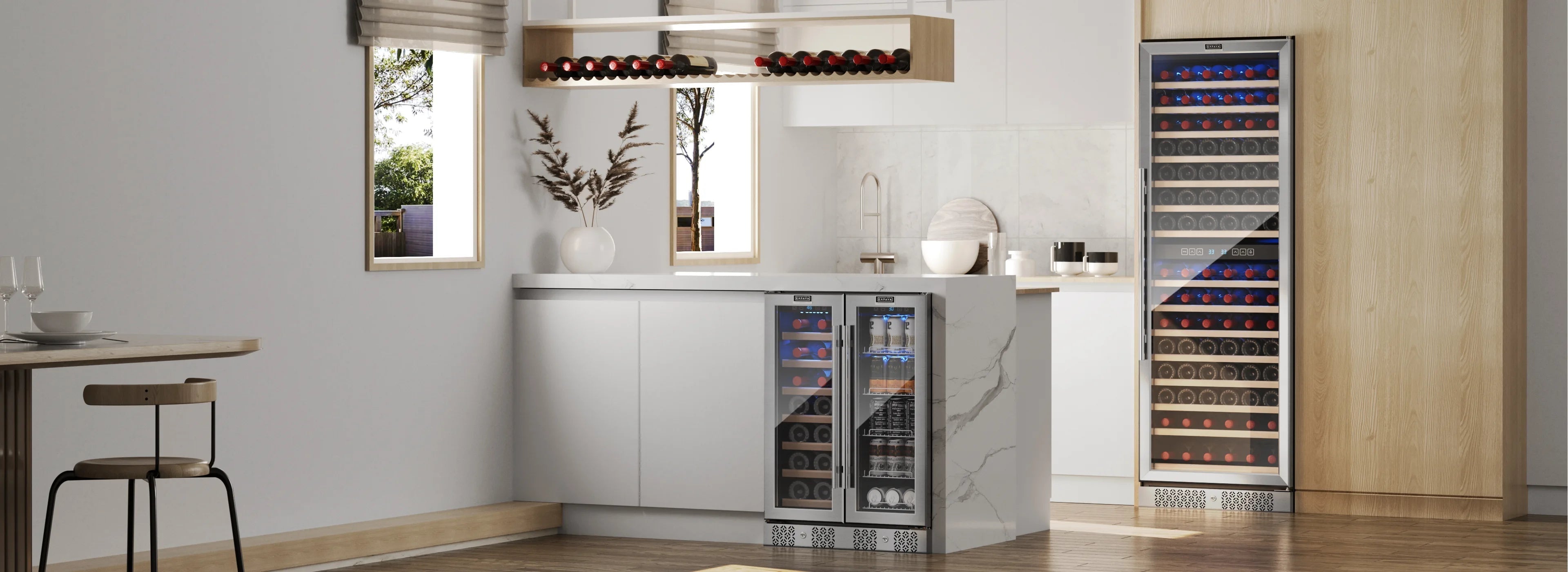


 added to cart
added to cart
 Select A Custom Kitchen Tool Set
Select A Custom Kitchen Tool Set
Leave a comment
All comments are moderated before being published.
This site is protected by hCaptcha and the hCaptcha Privacy Policy and Terms of Service apply.